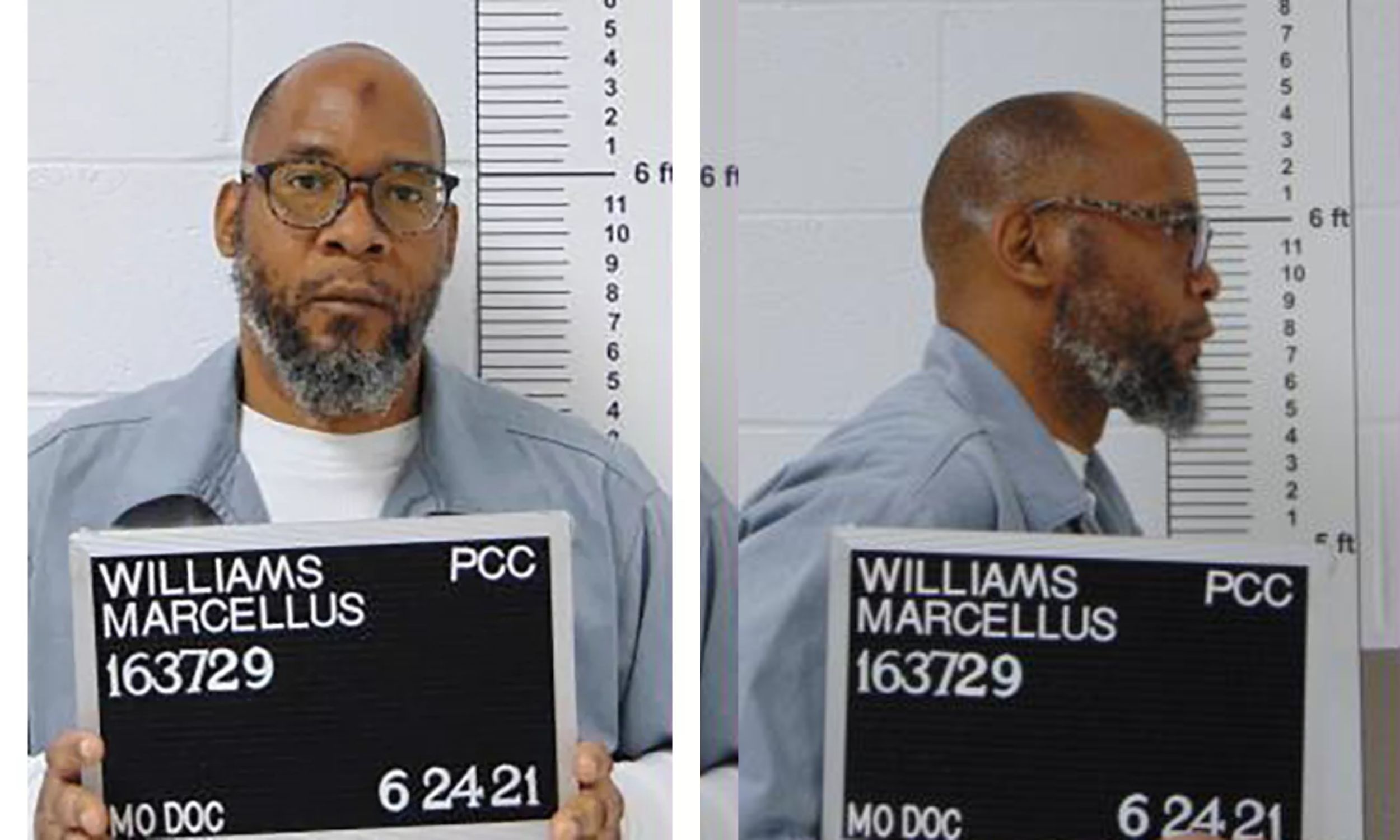Marcellus Williams finds himself ensnared in a legal ordeal that seems almost surreal, reminiscent of a Kafkaesque nightmare. His case, marked by a glaring miscarriage of justice, took a startling turn last week.
Despite overwhelming evidence suggesting Williams’s innocence, he was sentenced to death. Now, even the prosecution, which secured the death sentence, acknowledges the grave errors. On August 21, Williams opted to accept a plea deal to avoid execution, choosing life imprisonment without parole instead. This decision came after the prosecution’s mishandling of crucial evidence that could have exonerated him.

Further complicating matters, Missouri’s Attorney General Andrew Bailey, a staunch advocate for capital punishment, sought to overturn the plea deal, aiming to see Williams executed regardless of his apparent innocence. The case, already shocking due to the prospect of an innocent person facing death, is exacerbated by Bailey’s relentless pursuit of the death penalty.
Williams’s legal troubles began with his 2000 conviction for the brutal 1998 murder of Felicia Gayle, a former reporter. The crime involved a gruesome stabbing, yet Williams’s conviction relied on unreliable testimonies from informants with criminal backgrounds and evidence that did not match him.
In January, St. Louis County Prosecutor Wesley Bell, revisiting the case, acknowledged the injustice when DNA testing revealed that Williams was not the source of DNA on the murder weapon. Despite this, the evidence handling was compromised, and new findings suggested potential contamination.
Faced with mounting issues, the prosecutor’s office proposed a settlement involving an Alford plea, where Williams would admit that the state could convict him but maintain his innocence. He accepted, driven by the stark choice between life imprisonment and the death penalty.
The pressures and imbalances inherent in death penalty cases often coerce innocent defendants into guilty pleas. Research shows that many innocent people, faced with the threat of severe sentences, plead guilty to avoid the death penalty.
Despite Judge Bruce F. Hilton’s recommendation for the plea deal as a fair resolution, Attorney General Bailey challenged the judge’s authority, leading the Missouri Supreme Court to side with Bailey. Williams remains entangled in a flawed system, trapped by failures that both convicted him and now obstruct his chance for justice.
Williams’s case underscores the urgent need to reassess the death penalty, as its inherent flaws continue to inflict severe injustices on individuals like him.


